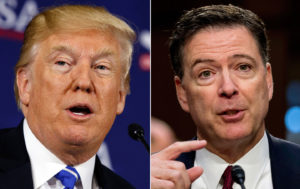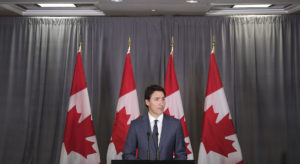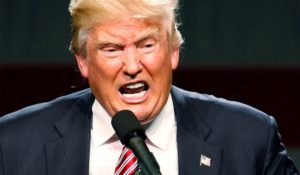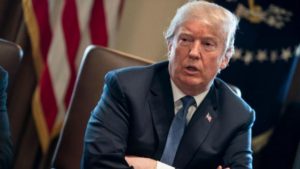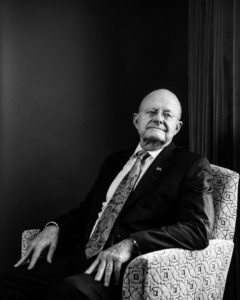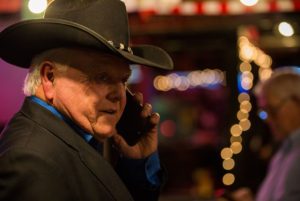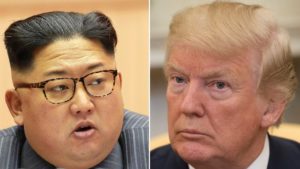I am not a lawyer, but you know that already.
However, I know enough about history to understand this basic truth: Presidents of the United States can “obstruct justice.” Indeed, two of them — Bill Clinton and Richard Nixon — were accused of obstructing justice. One of them got impeached partly on that accusation; the other came within a whisker of being impeached before he resigned the presidency.
Thus, I am baffled in the extreme by lawyers serving the current president who says he cannot obstruct justice because, well, he’s the president. They are saying in effect that Donald J. Trump is above the law.
I beg to differ. I offer a strenuous objection to the notion that the special counsel, Robert Mueller, cannot determine that Trump obstructed justice in the hunt for the truth behind “the Russia thing.”
I don’t quite understand the logic being offered by Trump’s legal team that suggests Mueller cannot accuse the president of obstructing justice. Trump himself has acknowledged on network television that he fired FBI Director James Comey because of “the Russia thing”; then he told Russian visitors to the Oval Office that his dismissal of Comey had relieved him of pressure from the Russia probe and whether the Russian government meddled in our 2016 presidential election.
To my way of thinking, that constitutes at the very least circumstantial evidence of obstruction, but I know that Mueller’s team doesn’t operate on circumstance; it needs hard evidence. Whether it comes up with anything actionable remains to be seen.
As the nation watches this investigation lurch toward some conclusion, many of us are conflicted about the argument being offered that the president can do anything he wants — because he is the president.
Richard Nixon famously told David Frost that very thing, that the president cannot break the law simply by virtue of his office. The U.S. House Judiciary Committee eventually saw it quite differently when it approved articles of impeachment against the president.
I am pretty sure the law hasn’t changed since the 1970s. The current president took the same oath to follow the law that all of his predecessors took. The law in my view allows for presidents to be accused of obstructing justice.
